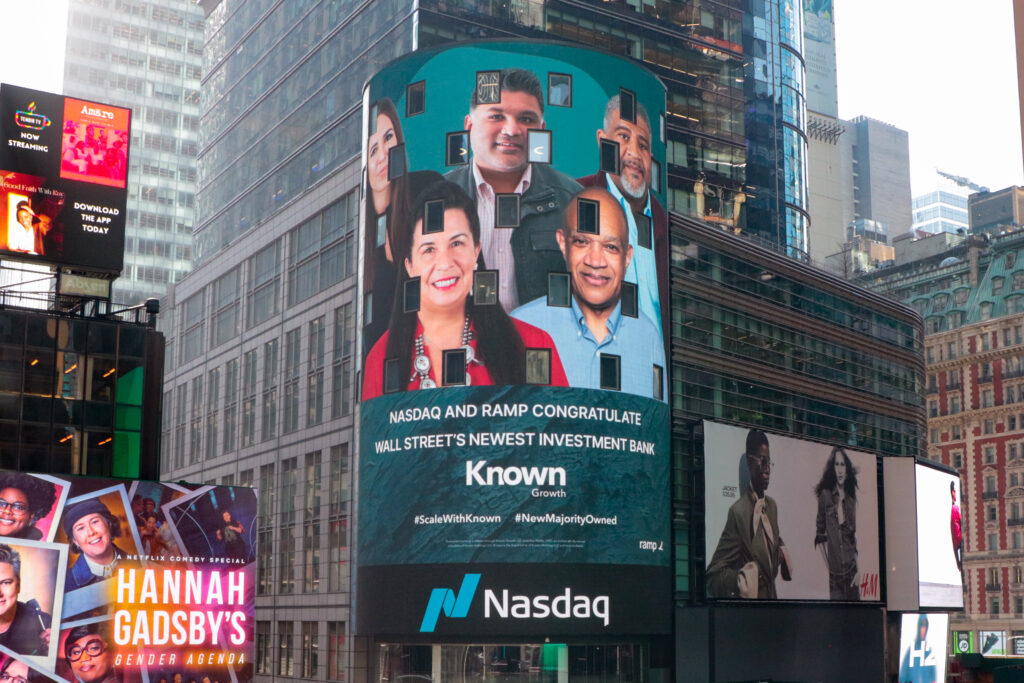Since recovering from COVID-19 last November, I have experienced brain fog, heart issues, intense fatigue, sleepless nights, and difficulty breathing. In May, I suddenly lost the ability to walk, forcing me to drop to only one grad school class, and move in with my family.
I am a 24 year old COVID-Long Hauler, with no prior health conditions, and one of the countless newly disabled Americans created by this pandemic. In a lot of ways, I am lucky. I have comprehensive health insurance, an accommodating employer that allows telework, and a robust support system of family, friends, faculty, and mentors. This has allowed me to focus exclusively on my recovery, without sacrificing my professional and academic advancement.
Today, I can walk, thanks to therapy, a series of lifestyle changes around nutrition, sleep, and exercise, and honestly luck. I am grateful. I am also incredibly privileged.
Some studies say that 35% of people who contract the virus experience long-haul symptoms. The majority are BIPOC, working as essential workers, unable to telework, with limited access to healthcare, earning sub-livable wages, and without paid sick-leave. In the Long Hauler community, we’re told that unless we stop everything we’re doing early on and focus exclusively on our recovery, our condition could become permanent.
However, our economy does not allow those who bore the greatest risks to the virus to recover, subjecting them to long term illness. This is wrong. The impact investing community must organize to build an economy that centers disability justice, and support covid long haulers.
Here is how.
First, we must educate ourselves on what we do know about the virus’ long term effects, and practice humility towards what we do not know. I have gone twice to the ER, and performed countless tests. Not a single one has been able to explain what is happening, or why.
Thankfully, my employer, university, and friends have accepted my condition at face value, and worked with me to provide accommodations and manage my illness, even as it evolved. We need to practice patience and work in partnership with the long haulers in our lives as they navigate an illness that even the medical community does not yet understand.
A good place to start is Body Politic, one of the largest international support groups with a robust resource library and research arm, that provides continuously updated guides on the condition, and resources on how to be an ally.
Second, we must foster a culture of disability inclusion within our own organizations, so that disabled employees feel empowered to disclose their condition. Consider evaluating your organization against the Disability Equality Index, a benchmark that can help you build a roadmap towards disability inclusion. The Ford Foundation has also produced a list of relevant resources.
Third, we must engage with, and learn from the investors who are already working at the forefront of disability inclusion. Some potential partners include Beyond Impact, a consulting firm dedicated to supporting people with disabilities (PwD) achieve financial independence, and the Disability Opportunity Fund, a CDFI that provides financing to affordable housing for PwD and companies that service the disability market. Others include Smartjob, which catalyzes impact investments to reduce the disability wage gap, and Rebecca Cokley, the Ford Foundation’s first ever Disability Rights Program Officer.
Fourth, we must embed disability inclusion into our impact investments. This could start by subjecting our portfolio companies to the Disability Equality Index during due diligence. Given the evolving nature of the pandemic, perhaps this index needs to be reimagined and repurposed to support covid long haulers.
Fifth, we cannot go back to the pre-Pandemic normal. The disabled community has long been advocating for telework and flexibility in the workplace – only to be told that it was too costly and detrimental to productivity. Now that we know how ludacris those claims were, we must maintain this flexibility so that our disabled colleagues can thrive on an equal playing field.
Sixth, we must all get vaccinated, and encourage others to do the same. There is some early evidence that the vaccine can help with long-haul symptoms; it reduced the severity of mine.
And finally, seventh, we must recognize that disability inclusion is at the heart of all struggles for justice. PwDs are overly represented in the criminal justice system. Fourteen percent of working-age African Americans have a disability compared with 11 percent of Non-Hispanic Whites. And PwD make up 12 percent of the U.S. working-age population, but represent more than half of those living in long-term poverty.
Any investment thesis that claims to advance social justice but fails to consider disability inclusion is guilty of impact washing. Given the scale of the pandemic, and number of long haulers on the way, now is not the time for complacency.
Ibrahim Rashid is a masters in public policy candidate at the Harris School of Public Policy at The University of Chicago.











